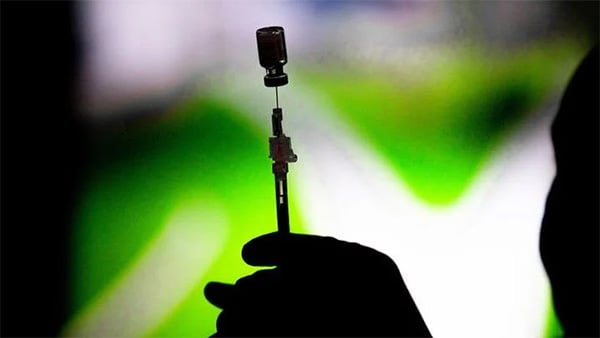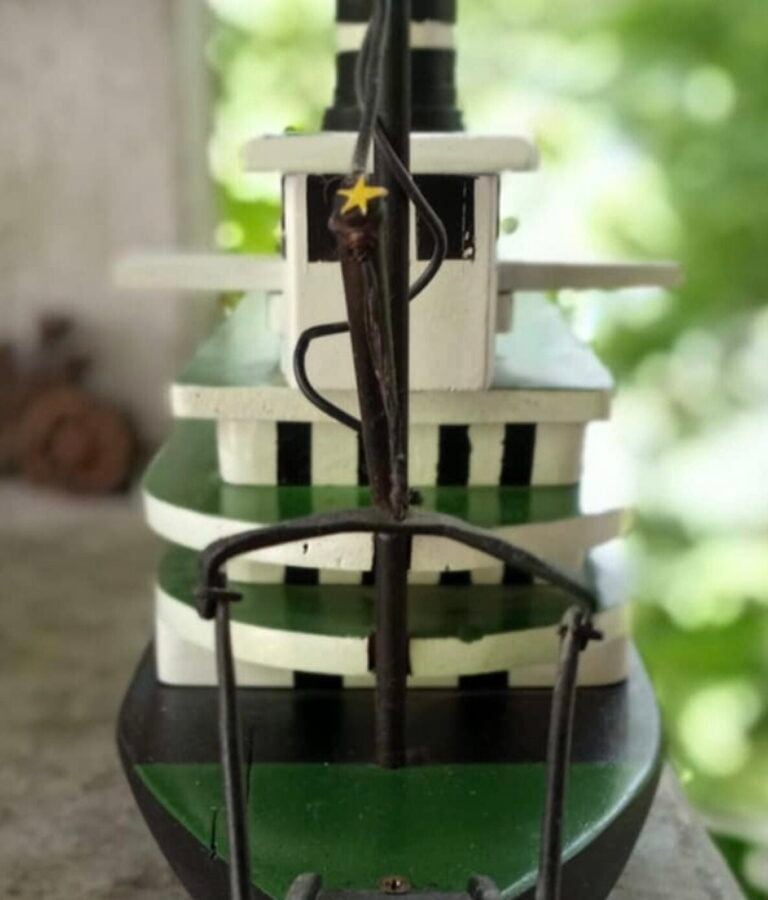By Vicki Prichard
NKy Tribune Reporter
Joe and Natalie Kunkel first met when they were 16-year-olds at a local dance for Catholics. It proved to be a propitious meeting. Four years later, Joe asked Natalie out on a date. Seven months later Natalie was a June bride.
Fast forward five years, and the Kunkels, who live in Union, are the proud parents of a daughter, Evelynn Philomena, who is about to be a big sister to four new brothers because Natalie Kunkel is pregnant with quadruplets.
“We always knew that we wanted to have a family, and that was something that we talked about,” says Kunkel. “Joe comes from a large family, as he is one of 11 children and has over 80 first cousins.”
For the Kunkels, the road to parenthood wasn’t easily traversed, and they would confront fertility issues and heartache along its path.
Before young Evelynn Philomena was born, the Kunkel’s struggled with fertility for two years. Natalie was diagnosed with polycystic ovarian syndrome (PCOS) shortly after they were married.
“Before we got married, I knew it was going to be a struggle to get pregnant, and Joe knew this as well, but we still had hope,” says Kunzel.

A year after their wedding, they sought advice from a specialist and became confident that, while it would require a process, they would see success.
Kunkel was put on the fertility drug Clomid to try to “jump start” things. But after a month her body still wasn’t responding to the medication. At that point, the decision was made to begin fertility injections. The thought of sticking herself with needles was frightening, she says, but she was determined to have a baby.
The fertility treatments were difficult on both the emotions and finances. The cost of each shot was roughly $300; each office visit $70; and each ultrasound $200.
Soon after she began fertility treatments, the ultrasounds indicated that Kunkel’s body was responding to the injections and she was ready for the shot that would induce ovulation. Two weeks later, they had their first positive pregnancy test.
Elated with their first pregnancy, it would come to a heartbreaking end when their son was stillborn.
“When we lost our first baby at 30 weeks we were very numb,” says Kunkel. “I remember being in triage and learning that there was no longer a heartbeat. I just felt an immense amount of guilt, thinking that this was somehow my fault. As a mother, your job is to protect your children, and I felt like a complete failure.”
And in addition to the loss of their baby, Kunkel’s body was shutting down.
Her blood pressure became dangerously high, she was in extreme pain, and her kidneys failed. Twenty-four hours after losing the baby, she was still in intensive care when the doctor told the young couple that surgery was needed to deliver the baby. He told her husband that there was a high chance that she might not wake up due to internal bleeding.
In spite of daunting possibilities, Kunkel made a full recovery, but she was not able to process the loss of her baby until she left the hospital. Joe never blamed her and stood by her side all along.
“Putting away all the baby things, not knowing if they would ever be used was heartbreaking for us,” she says.
When she later became pregnant with Evelynn Philomena, after undergoing fertility treatments once again, she says it was the 37 scariest weeks of her life. She had a physician in the high-risk group at Good Samaritan and was “watched like a hawk,” she says.
“We prayed everyday for our daughter to get here, and to be healthy. I scheduled my c-section at 37 weeks and little Evelynn Philomena arrived weighing almost seven pounds. We were just so grateful and blessed to be parents again and that everything went okay.”
Quadruple success
Kunkel went through yet another round of fertility treatment for her next pregnancy, and, suffice it to say, the success was quadruple.
“I cried when we first found out about the quads, not because I wasn’t happy, but because I was scared,” says Kunkel. “I am already high risk with my pregnancies and then you add quads to that. All I could think of was the negative. I knew it was going to be tough. I knew the chance of delivering them early was high. I already had to bury a child. I could not go through that again.”
She found a sense of calm through her husband.
“He knew I was freaking out and didn’t want to do the same, at least not in front of me,” says Kunkel.
Joe told his wife they would take everything one day at a time – one doctor appointment at a time. And that they would do everything they could to keep her and the babies healthy.
“He said that it’s easy to focus on the bad, but we need to keep our thoughts positive – do all we can and leave the rest to God,” says Kunkel.

Kunkel says they aren’t purchasing anything for the babies until they know they will be coming home with them.
“Which means that once I deliver them, it will be a shopping spree to get everything we need for them,” she says.
And when that happens, Kunkel will be filling her shopping cart with sleepers, car seats and diapers for four baby boys. At this point, she is 20 weeks along in her pregnancy. She says they’re praying to get to 30 weeks.
Prayer, Kunkel explains, plays a consistent role not only throughout her pregnancy, but in the course of her and her family’s daily life.
“Both Joe and I were raised Traditional Catholic and it is something that is very important to us,” says Kunkel.
She says she could not imagine going through the loss of their first child without her faith.
“My grandmother was Traditional Catholic and was truly an inspiration. She told me, before she passed, “Let go and let God.” These are words that Joe and I live by,” Kunkel says.
“We will do everything in our power to help any situation, but in the end we have to let go and trust God. It is easier said than done, of course. But we believe that God gives us crosses to bear in this world, not because He is doing it out of spite, but because He knows that we can handle it and it will draw us closer to Him.”
For other families who have experienced similar fertility issues, Kunkel hopes sharing her story will be a source of education and encourage a dialogue about a subject she believes is talked about all too little.
“There is so much sadness and negativity that goes along with those situations and it clearly is not easy to go through. Just know that you are not alone. Don’t hold in your feelings either – talk to your spouse of friend about what is really going on,” she says.
Kunkel says because too few talk about fertility situations, it almost seems taboo.
“But I believe that the more we talk about it and educate people, then it won’t be so hushed. And it shouldn’t be. It’s very much a reality for so many couples,” she says.


















Wow, that Joey Kunkel is named Puppy Power for a reason. What an awesome couple.